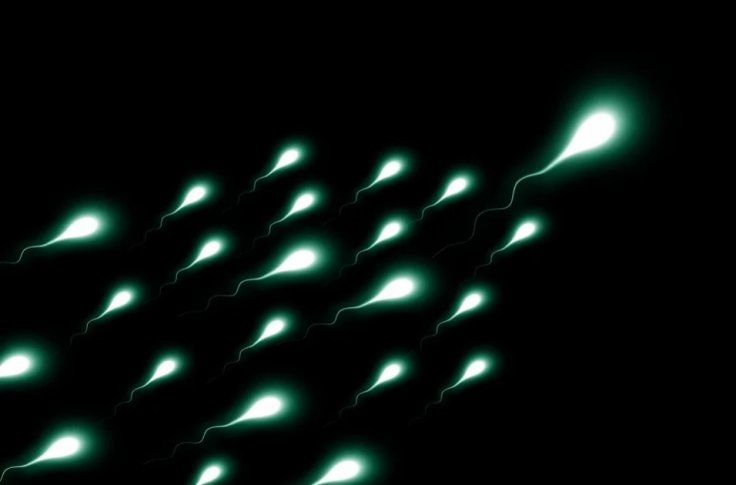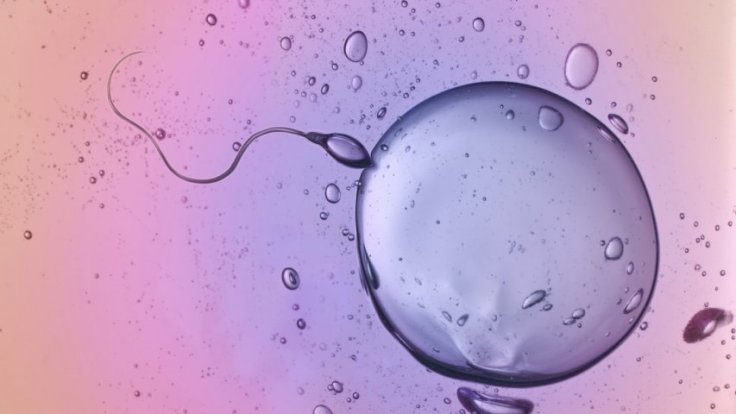During the Coronavirus pandemic, many researchers have explained how COVID-19 affects several organs. Now Israeli doctors have found that the SARS-CoV-2 virus is also harming the sperm of patients, even weeks after their recovery, raising concerns about infertility rate.
Professor Dan Aderka of Sheba Medical Center, in Israel, said that men with mild COVID-19 had a broadly normal sperm quality, while those who have had the disease in the moderate or serious form "often did not, even after recovery."
According to Aderka, after testing that was carried out around a month after diagnosis, doctors found that men with moderate or severe Coronavirus infection had reduced around 50 percent on average of the number of per milliliter, "total volume of ejaculate, and motility of sperm."

Fertility Problems
The professor from Tel Aviv University is now concerned about the fact that that a minority of COVID-19 affected men could face fertility issues or possibly "permanent sterility." But as per Aderka, doctors should monitor the sperm of recovered Coronavirus patients for months to understand the problem more clearly.
The details about the Coronavirus infection effect on sperms came out after analyzing various research projects, conducted all around the world to find the link between sperms and COVID-19. Even though Aderka's analysis hasn't yet been peer-reviewed, he referred to more than 40 solid studies that have covered the sperm samples from hundreds of men.
He is now planning to monitor the effects of the disease on the sperms of some already recovered Sheba patients to find out the long-term impact of COVID-19 on male fertility. He told The Times of Israel that as of now it is not known whether the effects are reversible, but it is proven that other diseases from the Coronavirus family—SARS, and mumps—have left a long term effect on male fertility after they were infected.
While referring to a Chinese study he said that the researchers examined Coronavirus patients who died and then found damage to the testes, and explained that the damage was "concentrated on two cells directly responsible for sperm production."
"There is probably physical harm to the testes in some cases, though we don't know in how many cases," he added.
Virus in Sperm

In some patients, the novel Coronavirus was found in the sperms during as well as after the infection, but as per Aderka, it does not mean that it can be transmitted sexually. As per researchers, who conducted a study on semen samples, "If it could be proved that SARS-CoV-2 can be transmitted sexually in future studies, sexual transmission might be a critical part of the prevention of transmission, especially considering the fact that SARS-CoV-2 was detected in the semen of recovering patients."
Current studies have suggested that the SARS-CoV-2 is found in the sperm of 13 percent of male patients and 8.6 percent of those who are recovering a week or two. But researchers could not find traces of the virus ribonucleic acid (RNA) in the sperm after a month.
To make sure that men's health is not affected by the Coronavirus infection, the Israeli researcher advised people to wear masks to avoid the disease, and they should continue to practice that habit even if one ultimately becomes infected.
He also explained that if someone has a small viral load at the very beginning, the immune system will then have a better chance to fight back. "So, wearing a mask can actually reduce the severity, reduce mortality, and — potentially also, based on what we're learning — reduce infertility," Aderka added.









